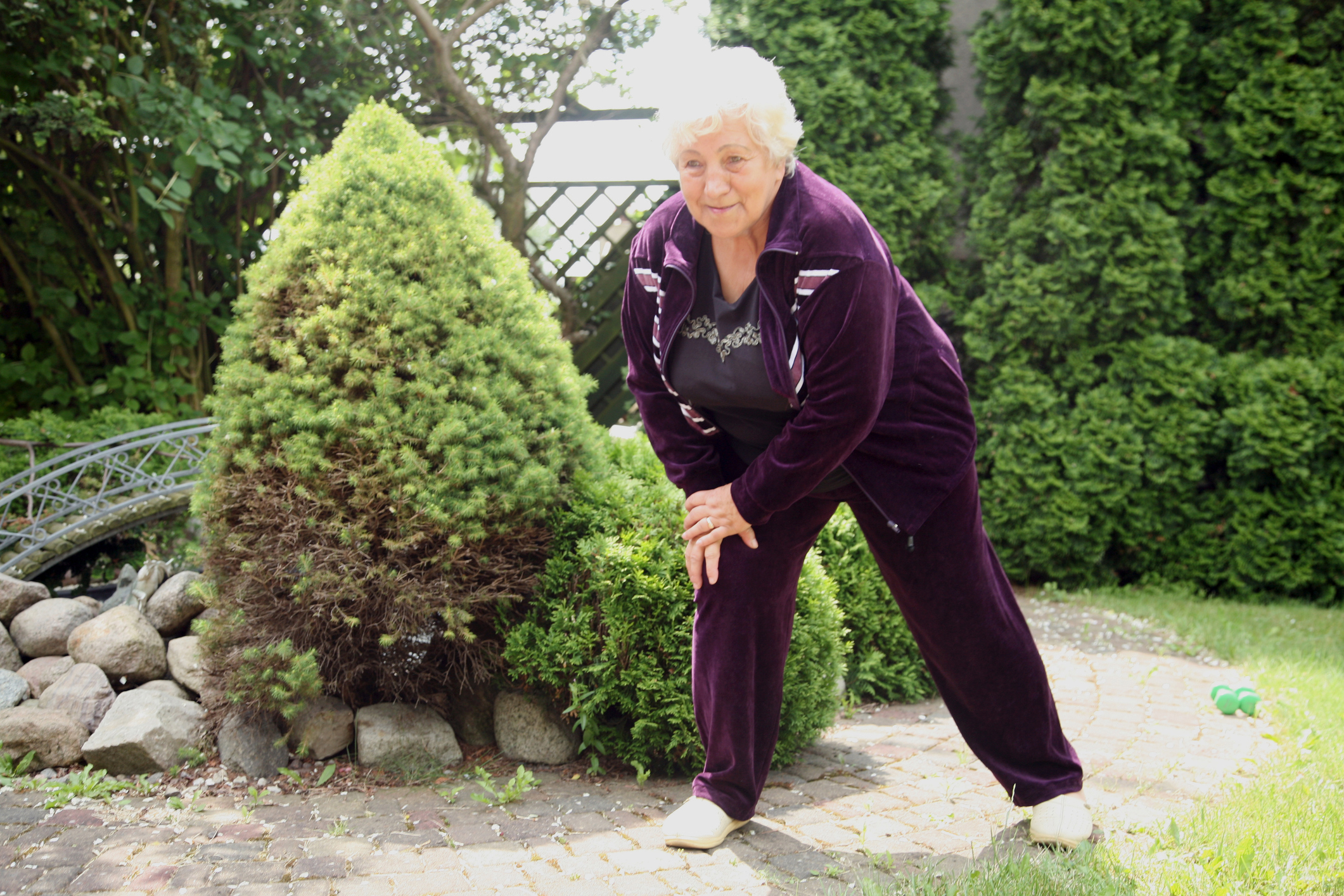Health Capsule
Weight Loss Helps Knee Arthritis

Recent research shows that people who are overweight can reduce their symptoms of knee arthritis by losing at least 20% of their weight.
Millions of older adults have stiff, painful knees caused by arthritis. Arthritis causes a breakdown of the cushion of tissue inside the knee joint. Without this cushion, bone can rub against bone. That may cause pain and swelling. Being overweight could make the symptoms worse.
Experts generally advise adults who are overweight or obese to lose at least 10% of their weight to reduce symptoms of knee arthritis. Recently, an NIH-funded research team wondered whether 20% weight loss would help reduce symptoms even more.
The study included 240 overweight and obese adults over 55 with painful knee arthritis. The research team helped them to exercise and diet to lose weight.
The researchers compared the people who lost 20% or more body weight with those who lost 5%. The people who lost 20% or more reported less pain. They could walk farther in a 6-minute test. In addition, blood tests revealed a much lower level of a substance related to pain and swelling.
“The importance of our study is that a weight loss of 20% or greater—double the previous standard—results in better clinical outcomes and is achievable without surgical or pharmacologic intervention,” says lead researcher Stephen P. Messier at Wake Forest University.
The researchers are planning to enroll three times as many people for their next study of pain reduction from diet and exercise.
NIH Office of Communications and Public Liaison
Building 31, Room 5B52
Bethesda, MD 20892-2094
nihnewsinhealth@od.nih.gov
Tel: 301-451-8224
Editor:
Harrison Wein, Ph.D.
Managing Editor:
Tianna Hicklin, Ph.D.
Illustrator:
Alan Defibaugh
Attention Editors: Reprint our articles and illustrations in your own publication. Our material is not copyrighted. Please acknowledge NIH News in Health as the source and send us a copy.
For more consumer health news and information, visit health.nih.gov.
For wellness toolkits, visit www.nih.gov/wellnesstoolkits.




